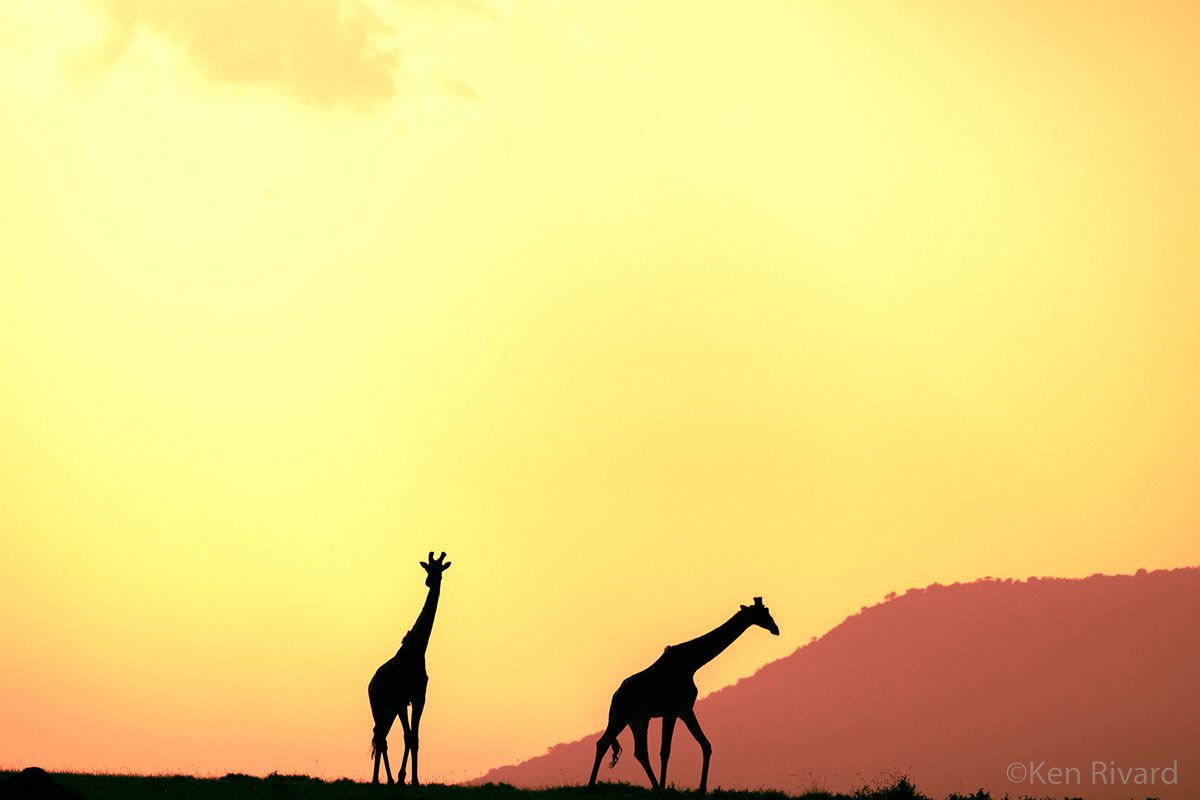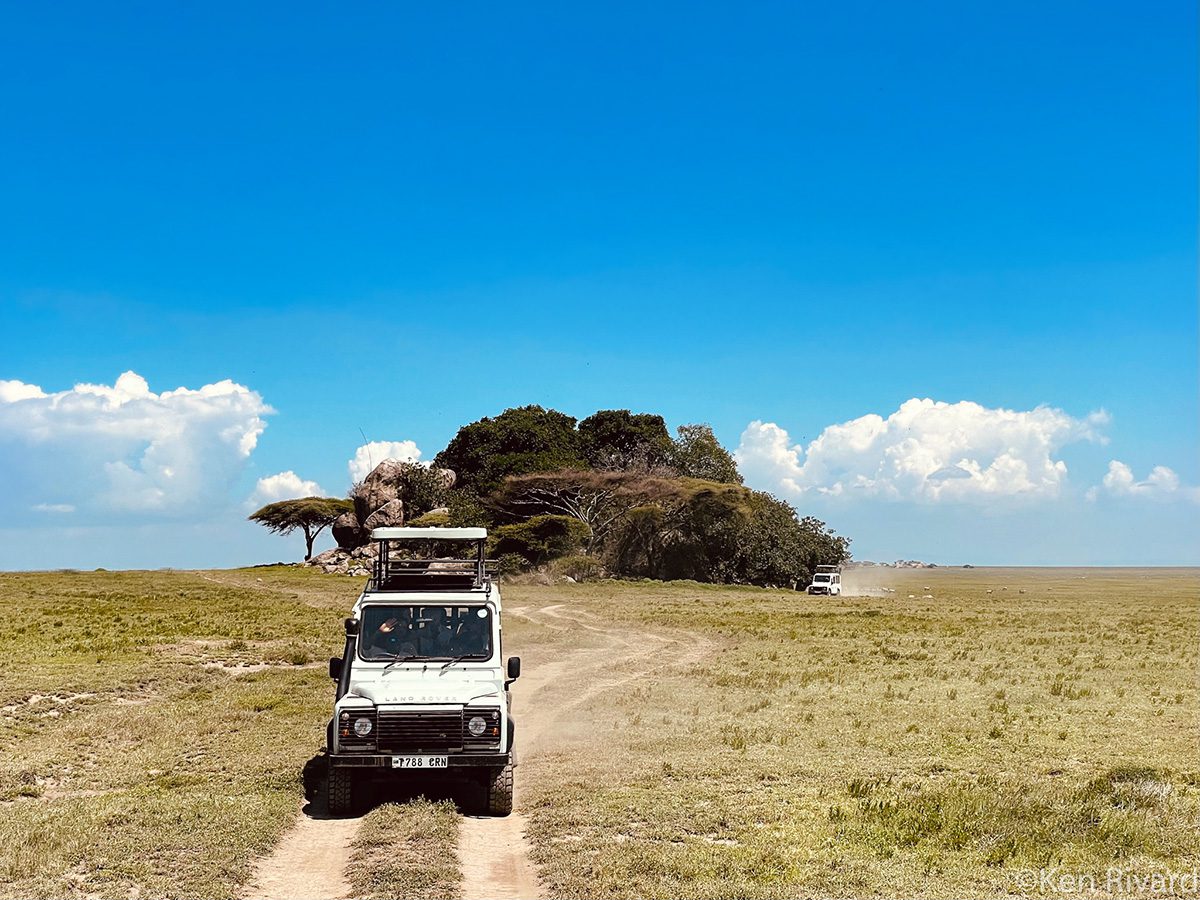Chef Jody Adams Talks Culinary Travel and Safari
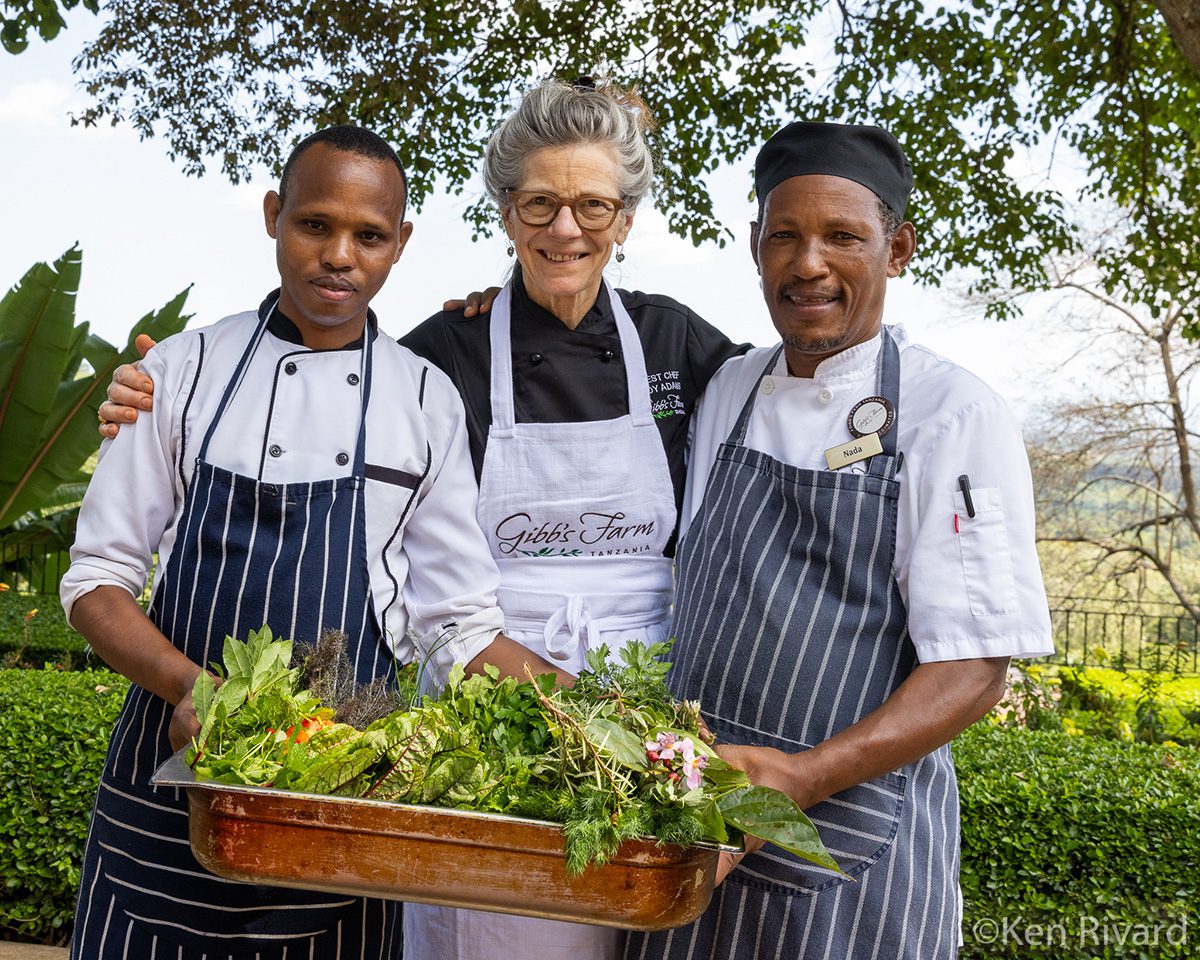
James Beard Award-winning Chef Jody Adams recently returned from her fourth culinary safari with Thomson Safaris. She led 17 other travelers as they cooked, ate and explored Tanzania on an exciting 10-day itinerary.
We caught up with Jody and her husband, Ken, to chat about the safari and what made it so memorable.
What makes culinary travel special compared to other travel experiences?
Jody: Culinary travel is incredible because it’s a way of learning about people through a language that isn’t verbal. There’s a commonality in the physical process of cooking that allows you to understand somebody and appreciate them. There’s a sharing of ideas that’s very exciting.
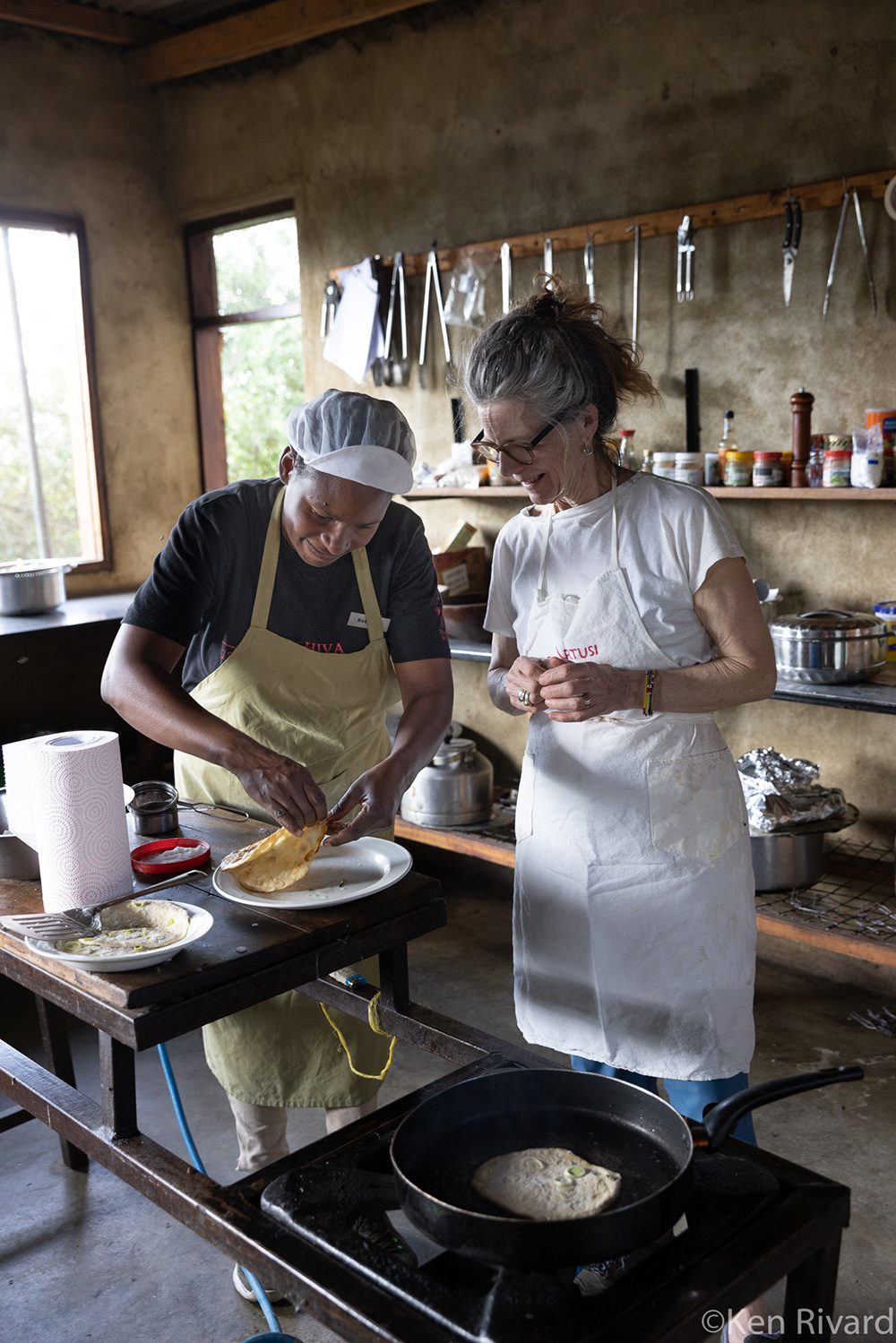
This was your fourth culinary safari with Thomson. What made this one stand out?
Ken: What made the strongest impression on me was how connected we were to the people. The Tanzanians had it hard for a couple of years, and everybody was enormously happy to see us.
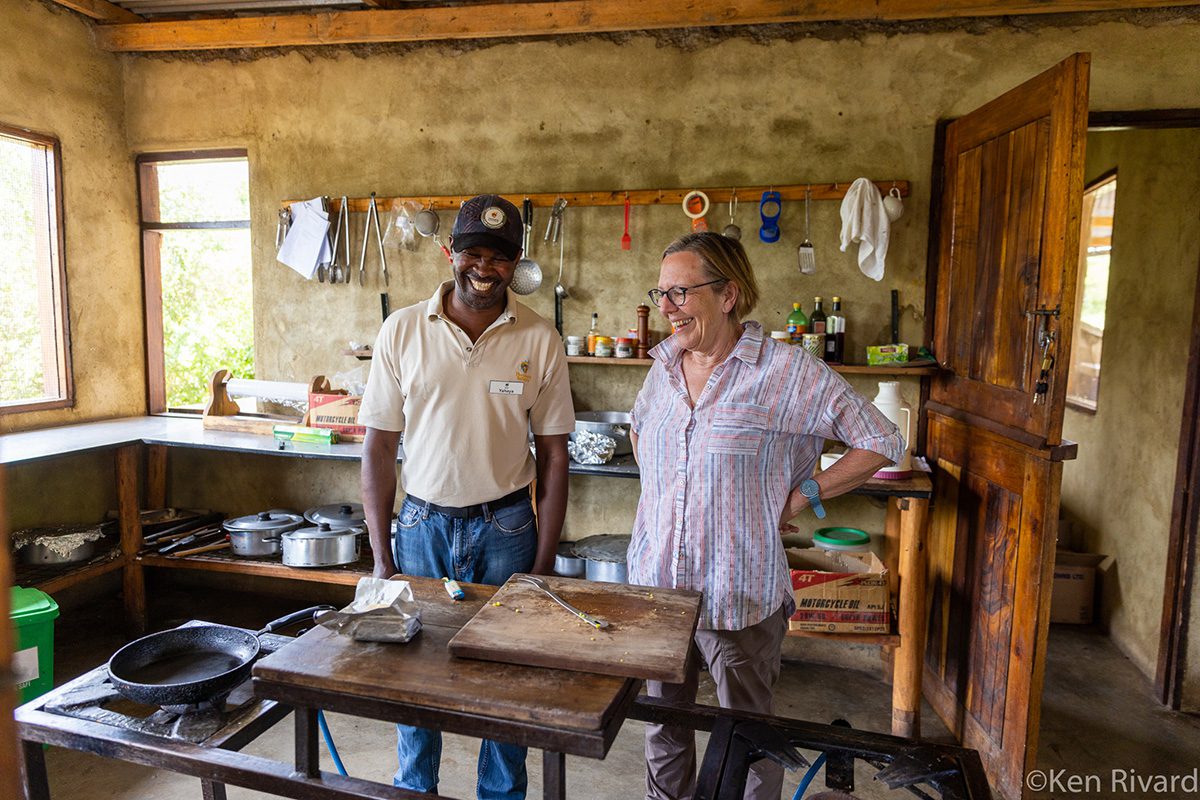
Jody: Between everyone in the group, there was a camaraderie, a recognition, and a mutual respect that made the whole trip very smooth. Some guests are really interested in cooking. Some people have no interest. Most people are there to see the animals, and to be on safari, so we figured out an itinerary that worked best for everyone.
Can you tell me a little about what the cooking demonstrations are like on this safari?
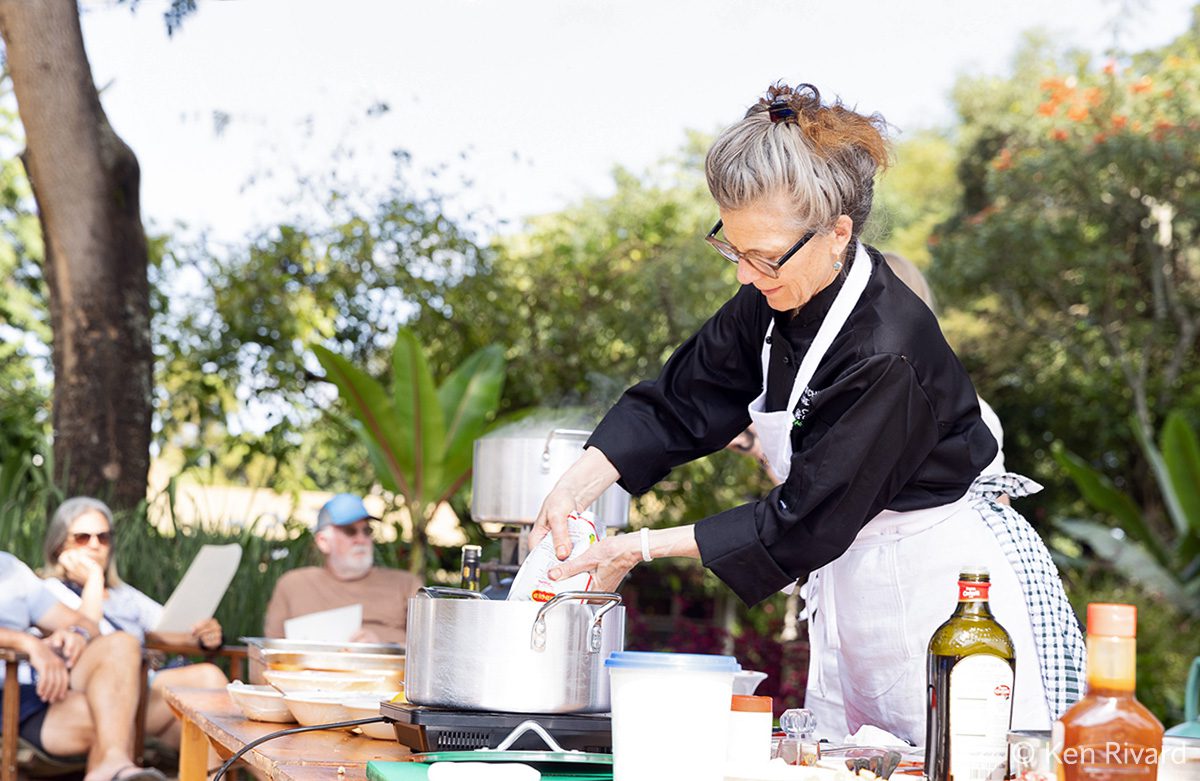
Jody: In the eastern Serengeti, we had a hands-on participation class, and we were all cooking together. At Gibb’s Farm, some of us made gnocchi.
Ken: You also did rabbit ragu.
Jody: Rabbit ragu! Some of us worked on the rabbit ragu, some folks made the gnocchi and some made the pasta. There was an opportunity for participation for anybody who wanted to participate. It’s very informal. People are on vacation, they’re on safari. They should only be doing what they want to do.
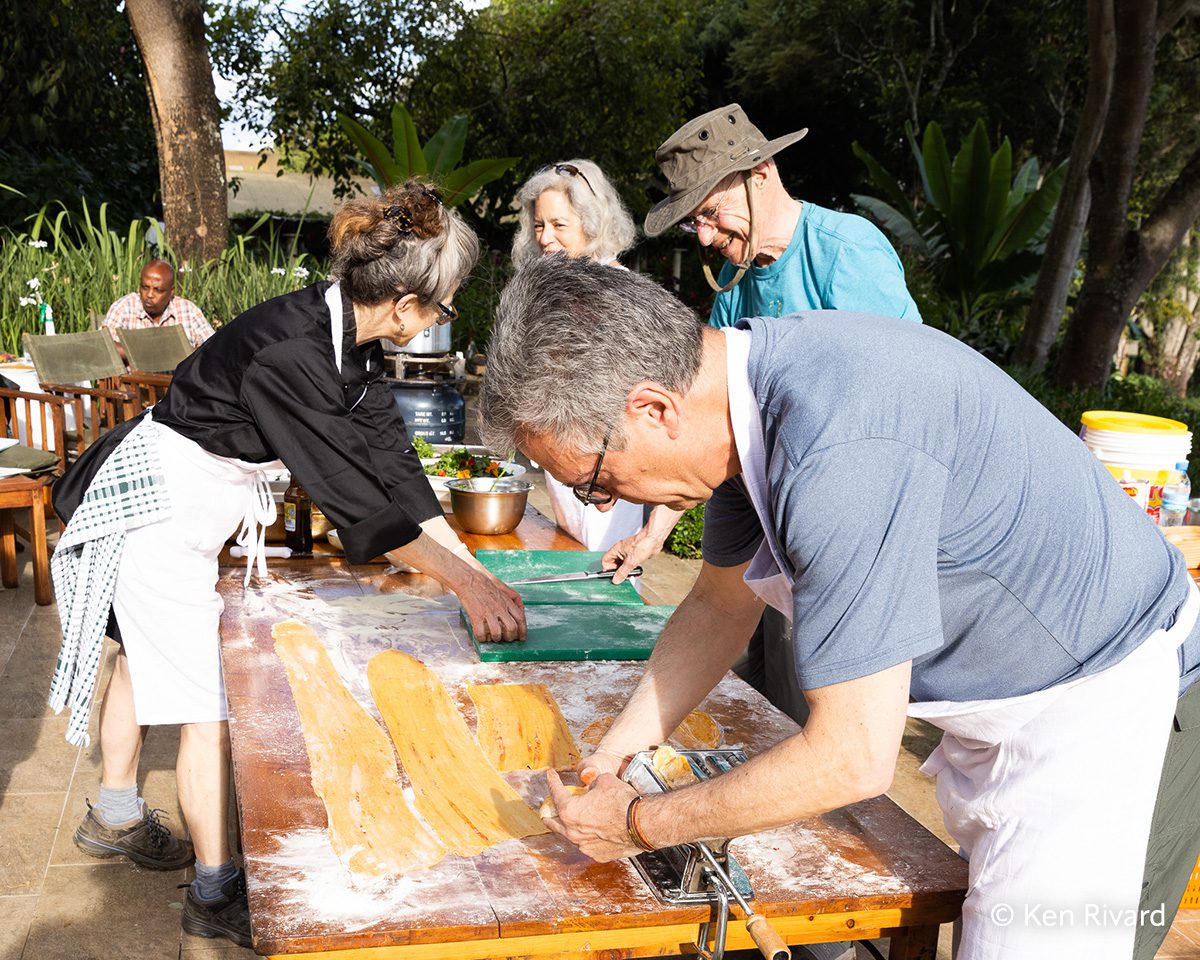
Can you tell me a little about your group?
Ken: The people on these trips are adventurous. They recognize they are about to embark on a two-week adventure with a group they are going to be in close quarters with. That means mustering a level of generosity and grace to ensure there’s harmony.
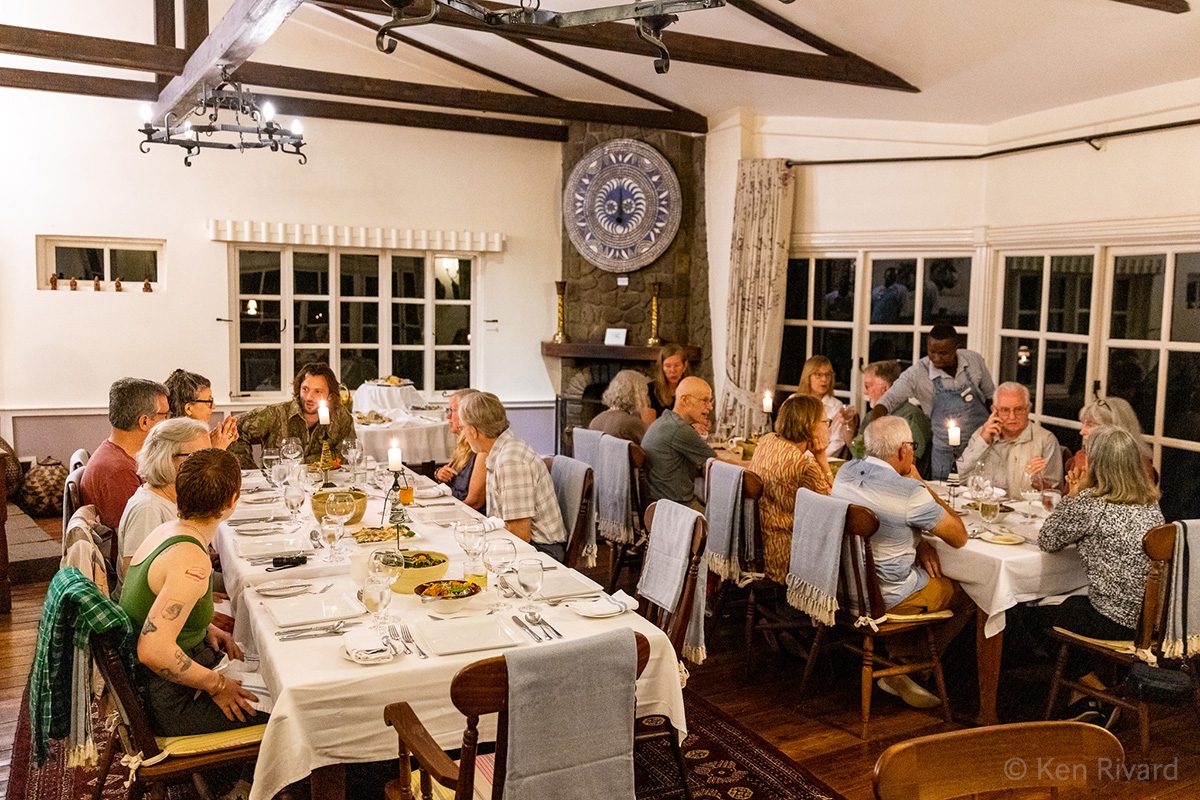
Jody: This was the first trip where we brought our kids–they were truly the secret sauce! They’re 26 and 32, outgoing, easygoing, with great senses of humor. Everyone said it felt like we were one big family. But the magic for me is to watch the guests get to know the drivers and the guides, because they are so knowledgeable.
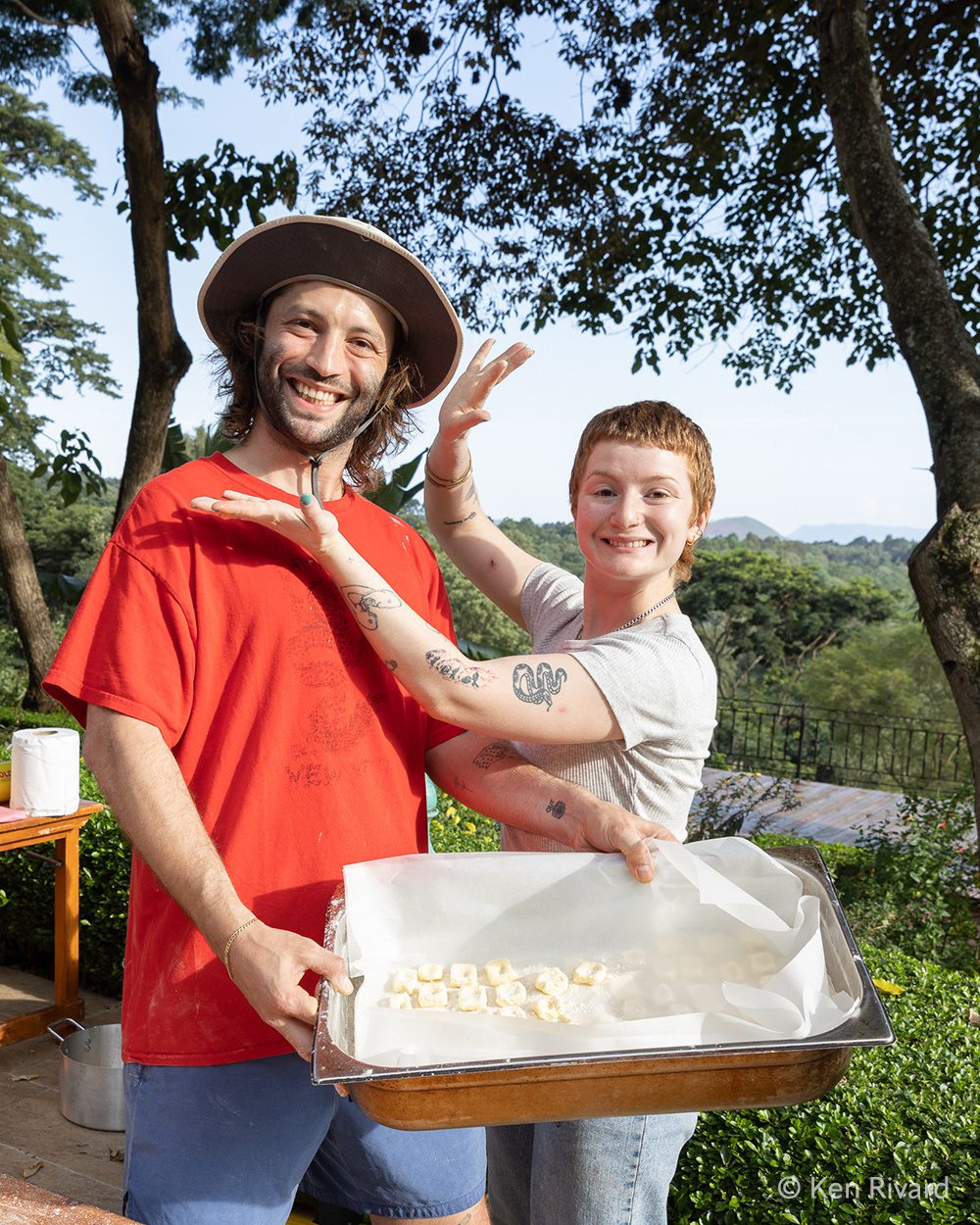
What was the food like on this trip?
Jody: The food at the camps was great! The chefs want people to love the food. It’s healthy–there’s a variety, lots of vegetables. We always have a traditional Tanzanian meal as well.
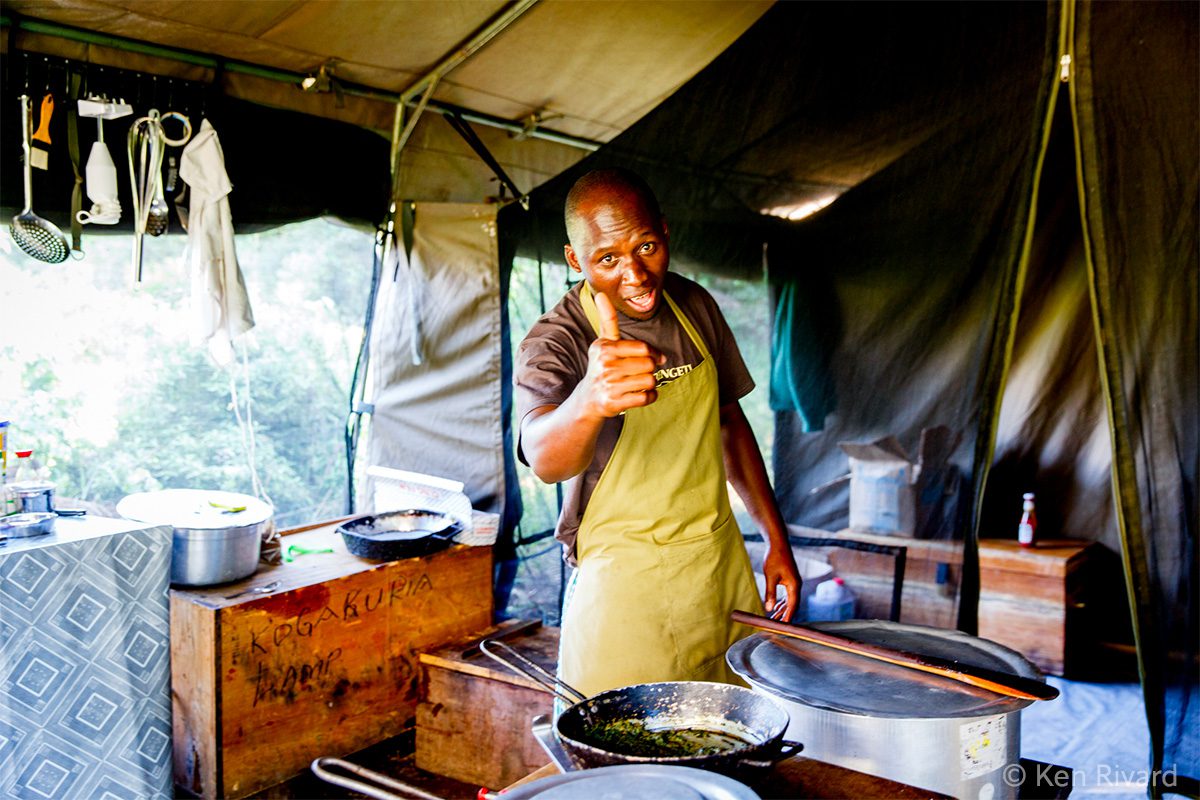
What stands out to you about Tanzania from a food perspective?
Jody: The thing is, except for ugali and a few other dishes, we’re not really eating Tanzanian food; we’re eating food that Tanzanians make for foreigners. With that said, there are a lot of vegetables, lots of avocados, tomato, cucumbers, always a delicious salad. Lots of wonderful fruits, mangoes, papayas and pineapple. The soups that are served before every meal in the camps are wonderful.
Ken: We did eat goat. I think for some people, this was a first.
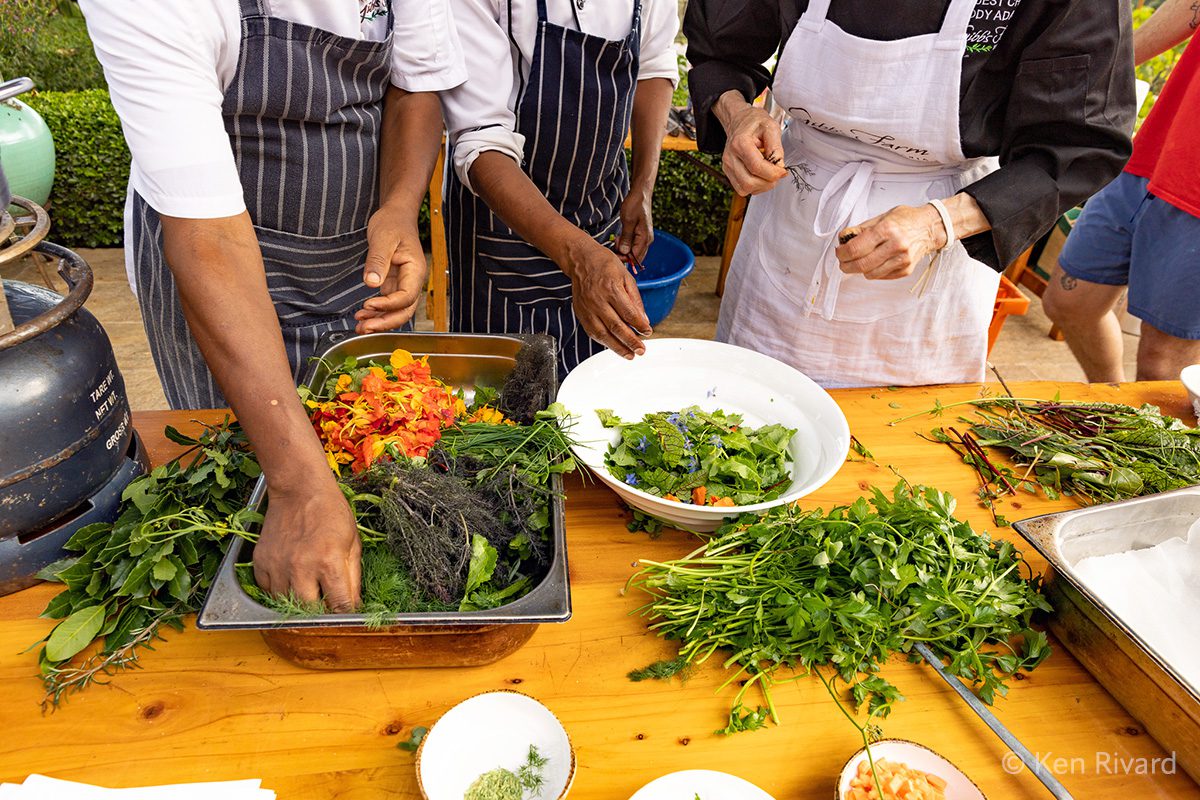
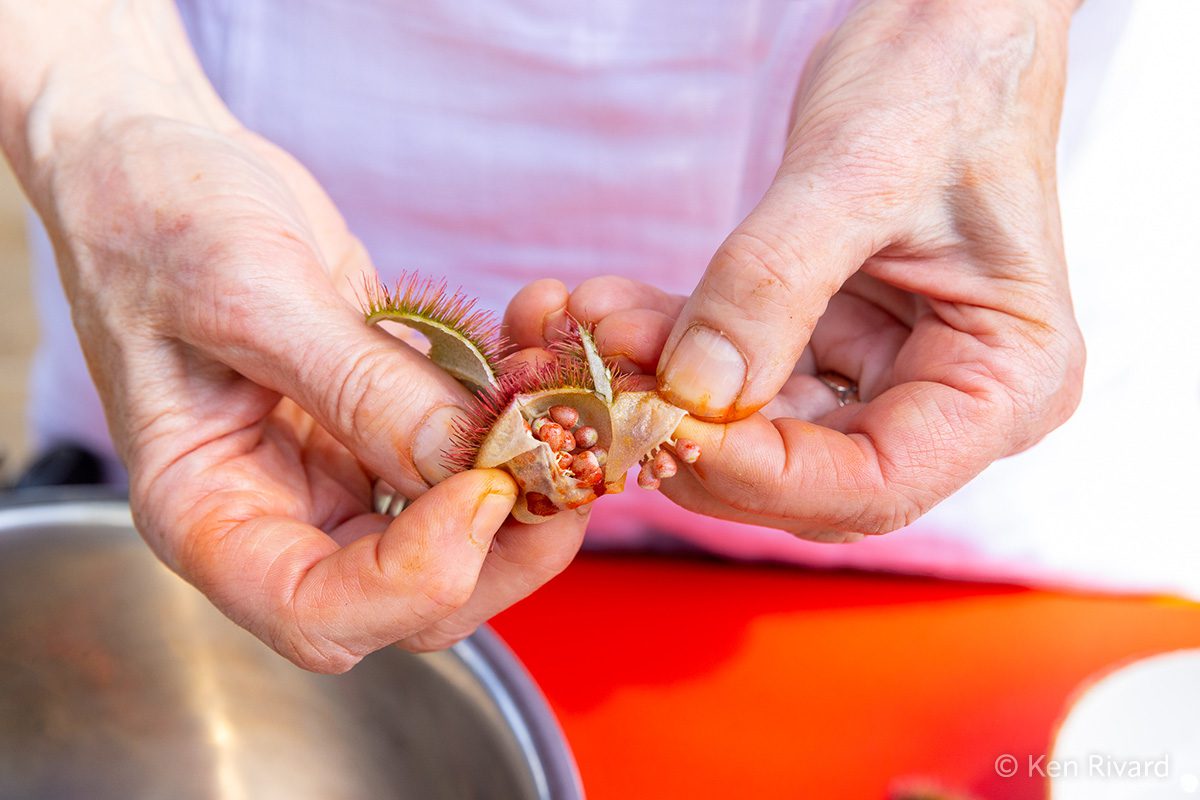
What were some memorable moments from the adventure?
Ken: The most memorable moments, as you might imagine on safari, had to do with the animals. We saw rhinos copulating, which we learned is relatively rare. None of the guides had seen it before.
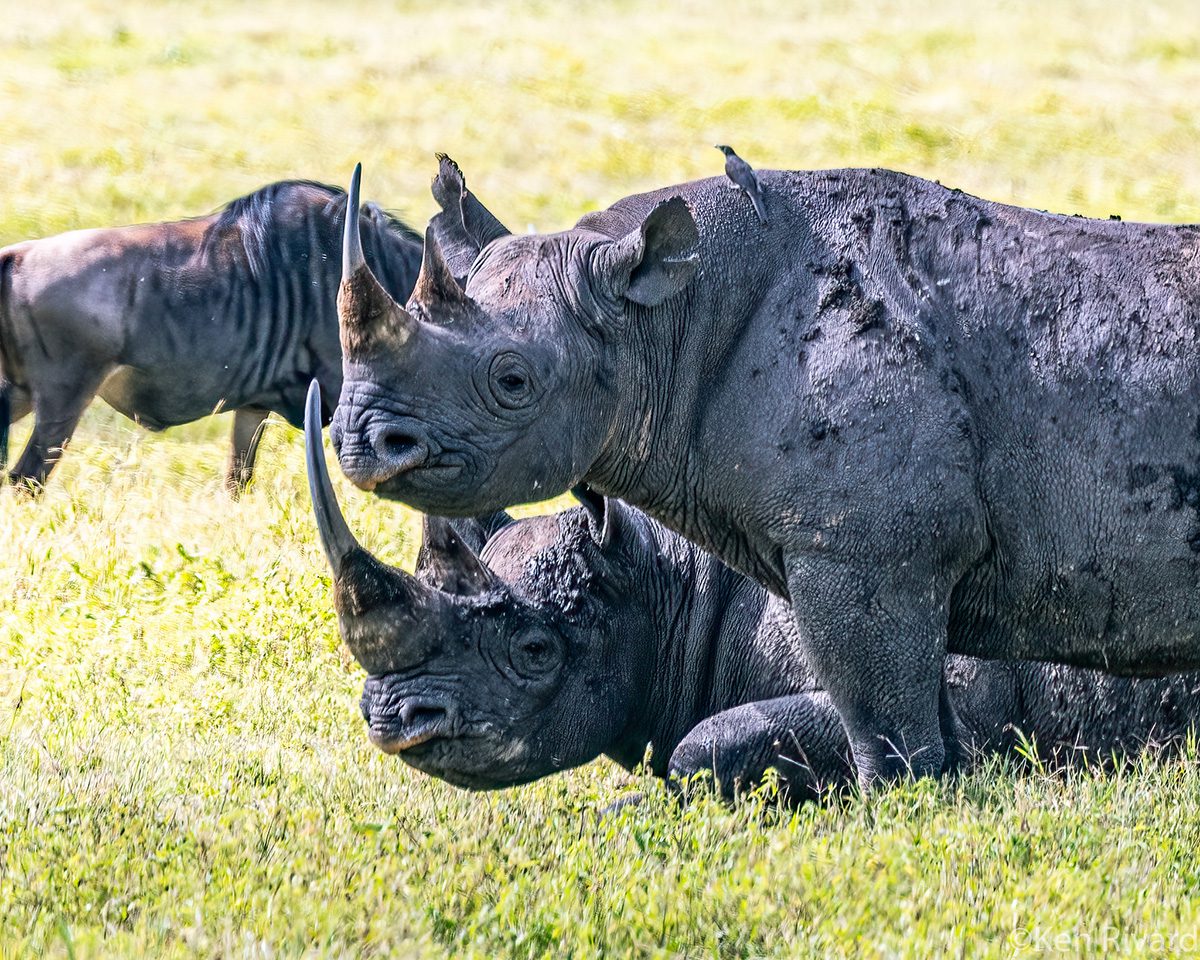
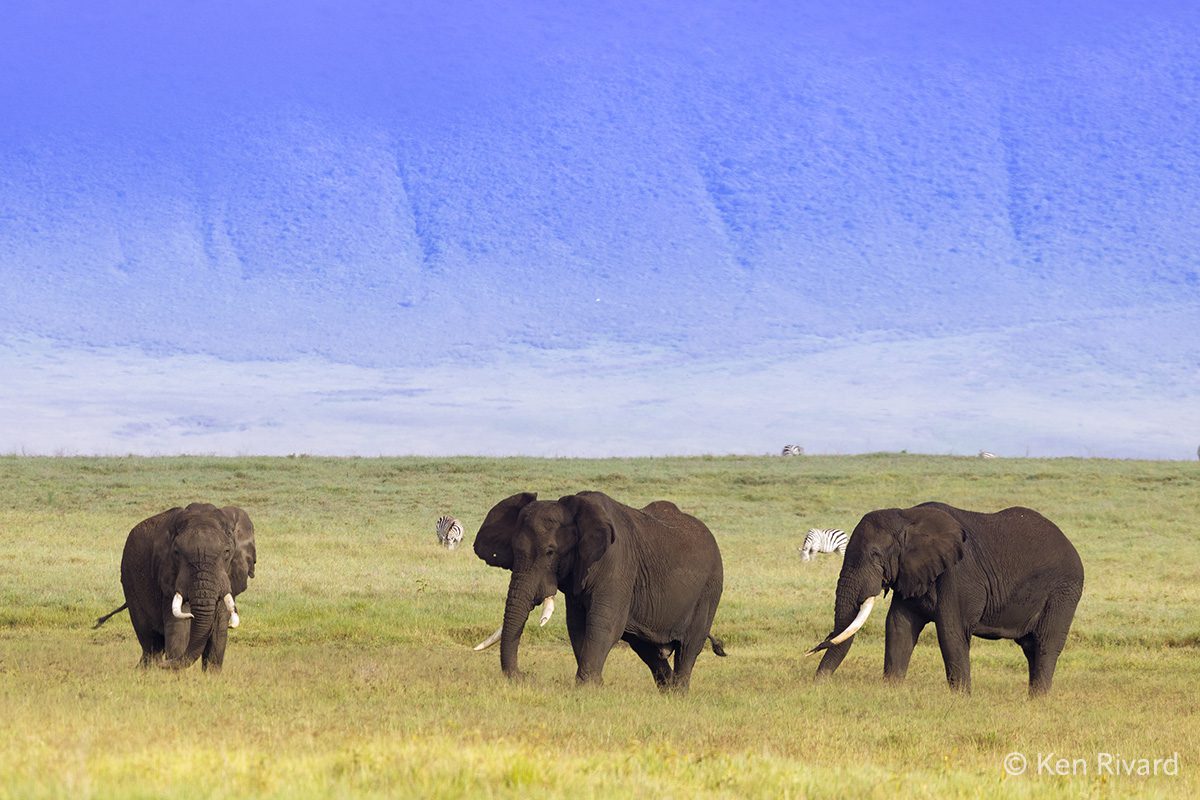
We got an up close and very personal view of what happens to buffalo attacked by hyenas. The buffalo will be taken down by the hyenas, then the hyenas will back off and let vultures descend and open the animal up. Then, the hyenas go back in and chase the vultures off. They feed. There are golden jackals on the periphery, waiting for their turn. Nothing gets left over.
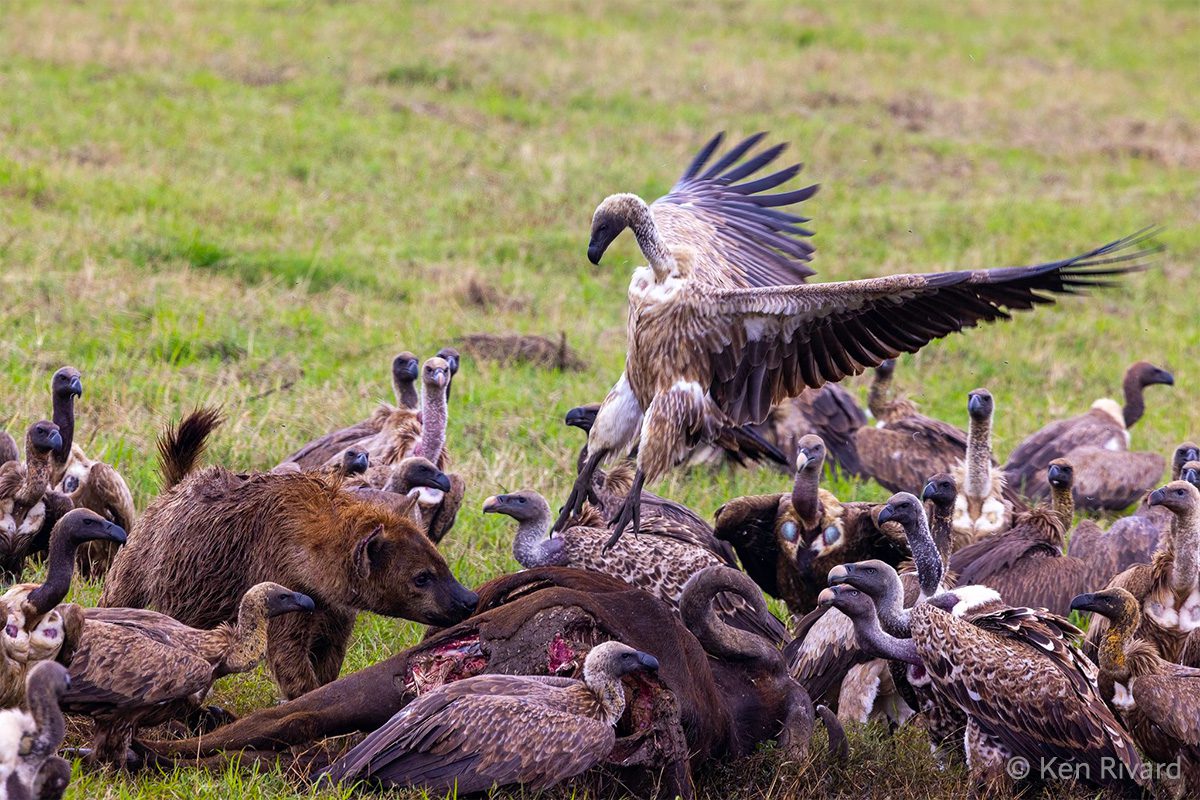
Jody: It’s the circle of life.
Ken: It’s pretty amazing.
Jody: The number of giraffes in the eastern Serengeti was incredible, too.
Ken: The guides let me get within 30 yards of them. They were just amazing.
What did your group think of Gibb’s Farm?
Jody: Everyone’s jaws were on the floor.
Ken: I would be lying if I didn’t say Gibb’s Farm looked like this apotheosis of Edenic luxury. It feels incredible to be there. You feel pampered with the people that you were on safari with. You get to relive things together. You continue to experience things as a group, but in a super relaxed setting. That’s really fabulous.
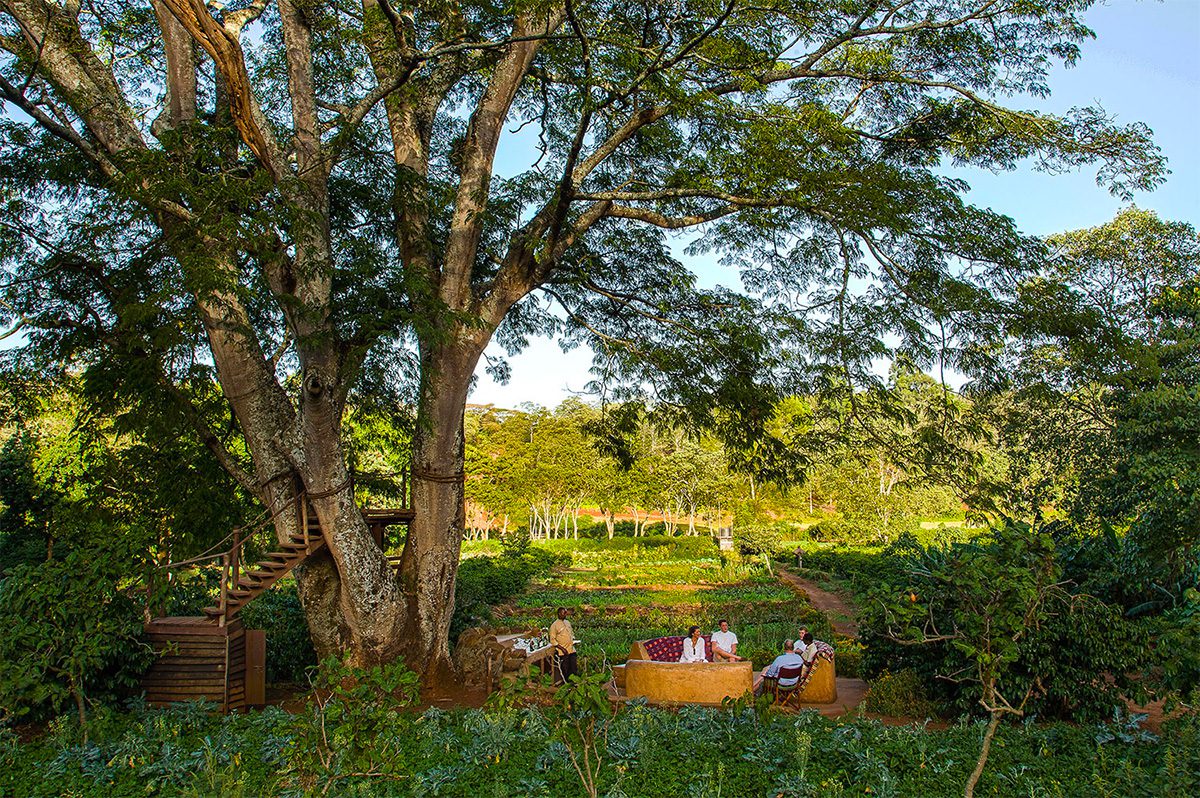
Lastly, what does this culinary safari mean to you?
Jody: I have enormous gratitude. Every time we go, we learn more about Tanzania, and the politics, and the people, how the country is changing.
Ken: Jody and I came away with an increased sense of connection with the people. I appreciated being able to talk to people and find out what their lives are like.
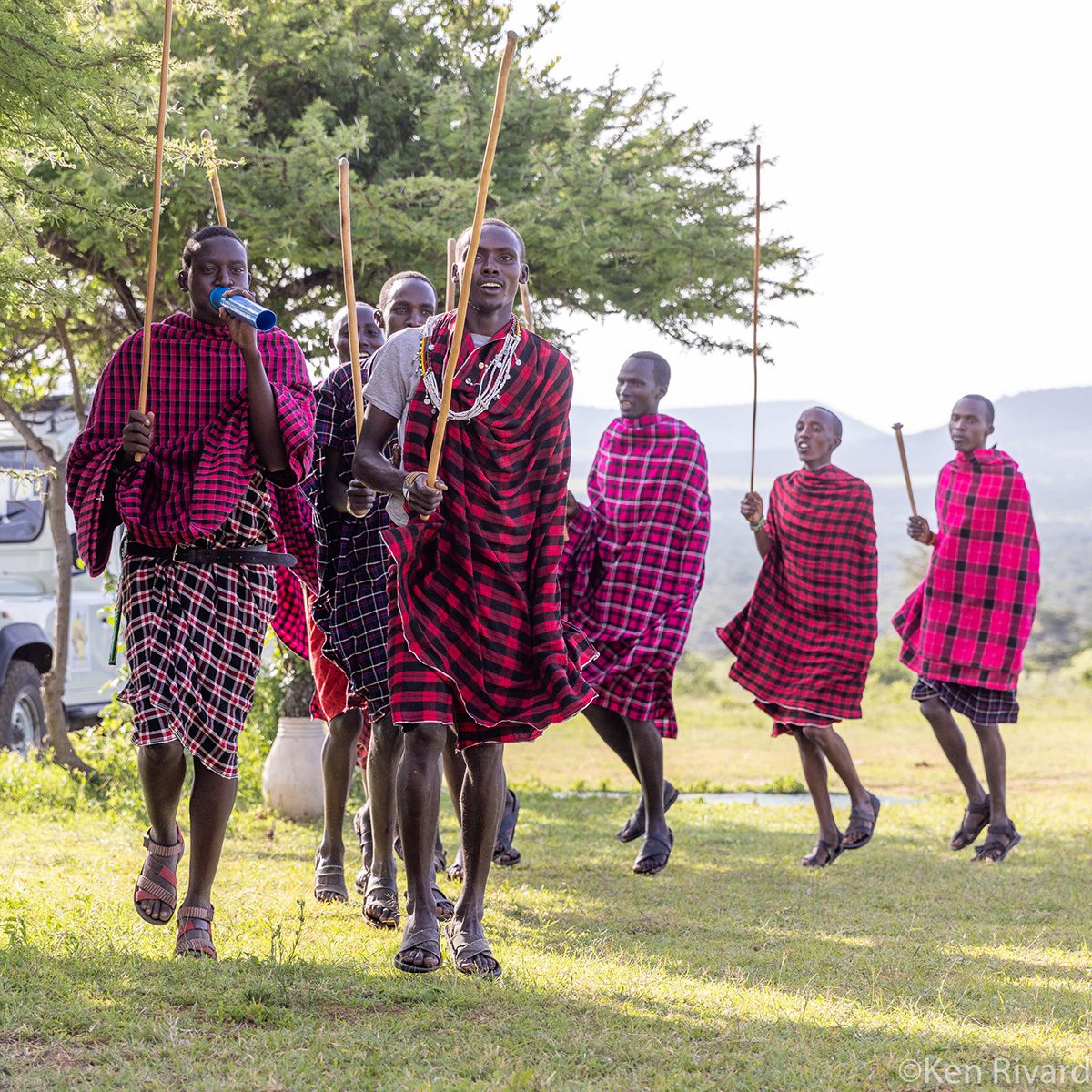
Jody: I didn’t have this bucket list desire to go to Tanzania before my first culinary safari. I didn’t know what the Big Five was. I’d never heard of it. I thought it was a football term. On safari, my perspective changed. When you see these animals, and how they exist together, it’s inspiring.
